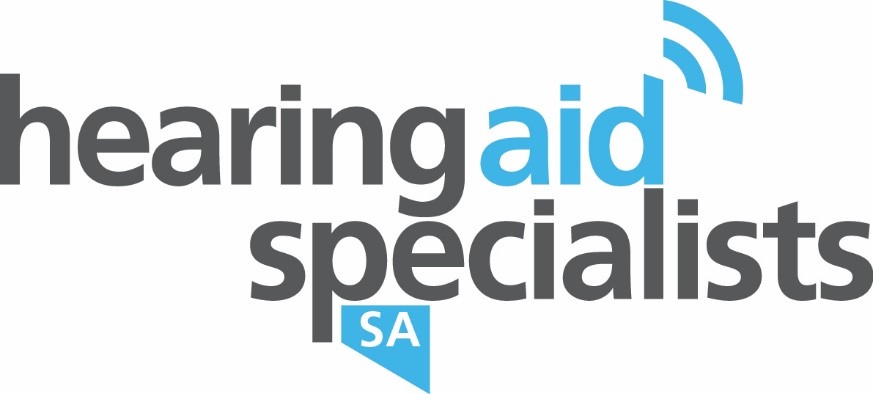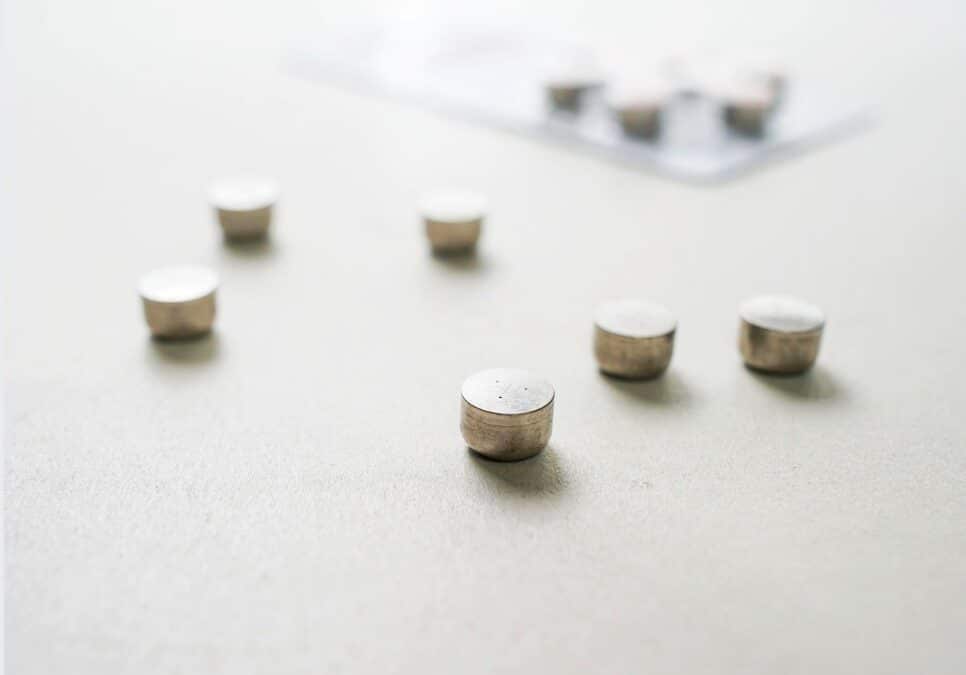Hearing aids are incredible devices that help millions of Australians reconnect with the world around them. While the hearing aid itself takes centre stage, it’s easy to overlook a small yet critical component—hearing aid batteries. These tiny powerhouses keep your device functioning seamlessly day in and day out.
In this comprehensive guide, explore everything you need to know about hearing aid batteries—what they are, why they’re essential, their benefits, how long they last, their cost-effectiveness, and how Hearing Aid Specialists SA is dedicated to offering reliable battery services to ensure you hear clearly.
What are Hearing Aid Batteries?
Hearing aid batteries are specialised power sources designed to operate delicate and sophisticated electronics inside hearing aids. Unlike regular household batteries, hearing aid batteries are compact, lightweight, and built to deliver a steady power supply to ensure uninterrupted audio processing.
There are generally two main types of hearing aid batteries:
Disposable Zinc-Air Batteries:
These are the most commonly used batteries and come in four standard sizes—10, 312, 13, and 675. Each size is colour-coded to make identification easier.
Rechargeable Batteries:
These are becoming increasingly popular due to their convenience and sustainability. Most modern rechargeable hearing aids come with lithium-ion batteries that can last more than 24 hours on a single charge.
Why are Hearing Aid Batteries Needed?
No matter how advanced a hearing aid may be, it’s ineffective without a power source. Batteries are the lifeline of your hearing device, enabling you to hear conversations, ambient sounds, music, and more. They’re particularly crucial for people with significant hearing impairment who rely on their hearing aids throughout the day. Without reliable batteries, even the most sophisticated hearing aids would fail to function, leaving users isolated and struggling to communicate effectively.
Benefits of Quality Hearing Aid Batteries
Investing in high-quality hearing aid batteries has a multitude of benefits:
- Consistent Performance: Quality batteries ensure your hearing aid delivers clear, uninterrupted sound without sudden power loss.
- Reduced Feedback and Noise Distortion: A stable power supply helps minimise buzzing or feedback which can be caused by low battery voltage.
- Longer Device Life: Using the proper battery type can help maintain the integrity of your hearing aid’s internal components, ultimately extending its lifespan.
- Convenience and Peace of Mind: Knowing your battery won’t give up on you during an important meeting or social event adds confidence and comfort.
How Long Do Hearing Aid Batteries Last?
The lifespan of a hearing aid battery varies depending on its type, size, usage patterns, and the features of your hearing aid. Here’s a general guide for disposable zinc-air batteries:
- Size 10 (Yellow): 3–5 days
- Size 312 (Brown): 5–7 days
- Size 13 (Orange): 6–10 days
- Size 675 (Blue): 9–16 days
Rechargeable batteries, on the other hand, typically last:
- One full day per charge
- Up to 3–5 years of regular use before needing replacement
Environmental conditions such as humidity, altitude, and temperature can also affect battery longevity. It’s always best to store your batteries in a cool, dry place and allow the zinc-air batteries to “breathe” for a few minutes after removing the seal before inserting them into your hearing aid.
Cost Benefits of Hearing Aid Batteries
While purchasing batteries regularly may seem like an added expense, they’re quite economical when considering their role in maintaining your quality of life. Here’s how:
- Affordable in Bulk: Buying hearing aid batteries in bulk from trusted providers like HASSA often comes at a discounted rate.
- Rechargeables Save Over Time: Though rechargeable hearing aids may have a higher upfront cost, they eliminate the need for frequent battery purchases, offering long-term savings.
- Prolonging Hearing Aid Life: Using good-quality batteries reduces wear and tear on your hearing device, minimising repair and replacement costs.
- Fewer Emergency Replacements: Investing in reliable batteries means fewer frustrating instances where you need an emergency replacement at an inconvenient time.
Tips for Getting the Most Out of Your Hearing Aid Batteries
To ensure optimal performance, here are a few practical tips:
- Let the battery breathe: After removing the tab, wait at least one minute before inserting it into your hearing aid. This helps the zinc-air battery activate fully.
- Turn off when not in use: Switch off your hearing aid or open the battery compartment when not in use to conserve power.
- Keep them dry: Moisture is the enemy of batteries. Use a dehumidifier box overnight if possible.
- Avoid mixing old and new batteries: Always replace all the batteries at the same time in your devices that require multiple.
- Recycle responsibly: Used batteries should be disposed of properly to minimise environmental harm.
Hearing aid batteries might be small, but their impact is enormous. They keep your hearing aids running smoothly, your conversations flowing, and your connections strong. From reliability and affordability to quality and convenience, choosing the right batteries—and the right supplier—makes all the difference.
Hearing Aid Specialists SA’s Commitment to Quality Battery Services
At Hearing Aid Specialists SA, we understand that your hearing aid is more than just a device—it’s your lifeline to the world. We offer comprehensive battery solutions to ensure you never miss a beat. Our services include:
- A Wide Range of Battery Sizes: Whether you need size 10, 312, 13, or 675, we stock all standard sizes to match your hearing aid model.
- Premium-Grade Batteries: We supply only trusted brands to ensure durability, consistent power output, and minimal leakage risk.
- Expert Guidance: Not sure which battery suits your hearing aid? Our experienced team is here to help you choose the right fit every time.
Contact us today to explore our battery solutions with Hearing Aid Specialists SA and learn how we can support your hearing needs.

